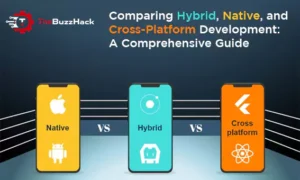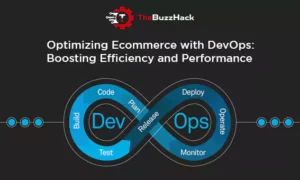
Expert PHP Development Services for Robust Web Solutions
Choosing the optimal PHP framework may pose a challenge, but fear not! This article explores leading PHP frameworks, delving into their distinctive features and advantages. Purgesoft developers have extensively examined various PHP frameworks, pinpointing essential components for effective web application and website development.
Uncovering the top PHP frameworks involves evaluating factors like advantages, security, testing support, community/documentation, routing, URL handling, database integration, abstraction of complex tasks, and reusable code/components. This comprehensive article analyzes each PHP framework to aid you in selecting the one that aligns best with your development needs.
Understanding PHP Frameworks:
A PHP framework serves as a pre-built tool to aid developers in constructing web applications. It encompasses crucial elements such as libraries and best practices for PHP-based website development, aiming to establish a foundation for scalable, robust, and maintainable application development.
Categories of PHP Frameworks:
Full Stack Frameworks:
- These frameworks provide complete solutions for web application development, supporting both front-end and back-end components. Laravel and Symfony, known for their model-view-controller (MVC) architecture, are examples.
Micro Frameworks:
- Lightweight options designed for small to medium-sized projects, focusing on essential features. Slim and Lumen, offering features like routing, middleware, and dependency injection, are examples.
Component-Based Frameworks:
- Ideal for developers seeking individual, reusable components. Zend Framework (now Laminas) and Symfony Components provide collections of components that can be used independently or combined for larger applications.
Top PHP Frameworks:
- Laravel:
- Elegant syntax with a wide range of features.
- Blade templating engine for clean views.
- ORM for database interaction.
- Artisan command line tools for various tasks.
- Rapid development with a comprehensive ecosystem.
- Symfony:
- Highly modular architecture.
- Extensive set of reusable components.
- Doctrine ORM for database management.
- Flex, a micro framework, for smaller projects.
- Twig templating engine for concise views.
- CodeIgniter:
- Lightweight and straightforward PHP framework.
- MVC architecture for code organization.
- Active record implementation for database interaction.
- Good performance and minimal configuration requirements.
- Suitable for small to medium-sized projects.
- Yii:
- High performance with caching and lazy loading.
- Gii, a powerful code generation tool.
- Active record for database interactions.
- Security features like role-based access control (RBAC).
- Extensible and customizable for web application development.
- Zend Framework (Laminas):
- Collection of individual, loosely coupled components.
- Middleware architecture for flexibility.
- Extensive library of components.
- Robust security features.
- Suitable for both small and large-scale web application development.
Conclusion:
While a plethora of PHP frameworks exists, choosing the right one hinges on factors such as project scale, complexity, and the development team’s familiarity. Consider these aspects to make an informed decision aligned with your project’s requirements.
Read More: Comparing Hybrid, Native, and Cross-Platform Development: A Comprehensive Guide


